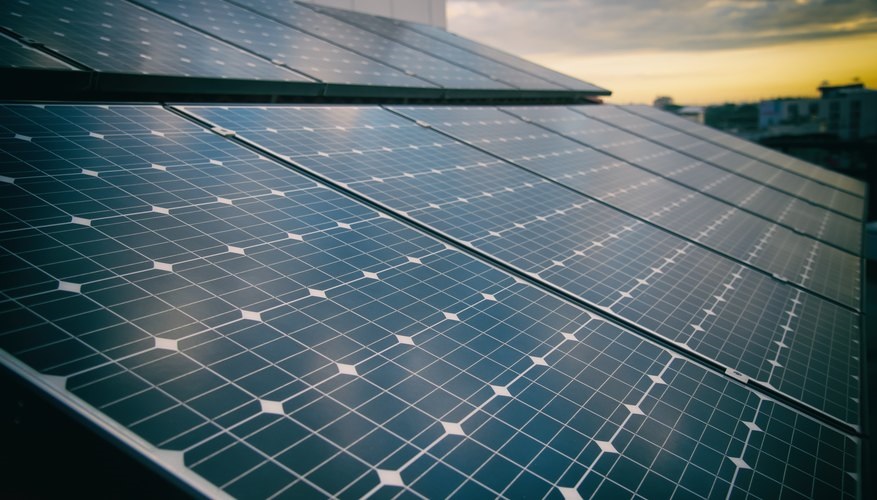While generating electricity is the primary and most common use of solar panels, there are several other applications and uses for solar energy.
- Solar Water Heating:
- Solar thermal collectors, which are different from photovoltaic (PV) panels, can be used to harness solar energy for heating water. These systems are commonly used for residential and commercial hot water heating.
- Solar Cooking:
- Solar cookers or solar ovens use sunlight to cook food. These devices concentrate sunlight onto a cooking area, allowing for the slow cooking or baking of food without the need for traditional fuel sources.
- Solar Desalination:
- Solar energy can be used in desalination processes to convert seawater into freshwater. Solar stills, which use sunlight to evaporate and then condense water, are one example of this application.
- Solar-Powered Ventilation:
- Solar-powered ventilation systems, such as solar attic fans, use solar energy to power fans that help regulate temperature and airflow in buildings, reducing the need for electrical cooling systems.
- Solar-Powered Pumps:
- Solar pumps are used in agriculture for irrigation or in remote areas where access to a power grid is limited. These pumps use solar energy to move water for various applications.
- Solar-Powered Lighting:
- Solar-powered lights, such as solar streetlights or garden lights, use photovoltaic cells to charge batteries during the day, providing illumination at night without the need for grid electricity.
- Solar-Powered Charging Stations:
- Solar panels can be integrated into charging stations for electric vehicles or electronic devices. This is particularly useful in off-grid or remote locations where access to the electrical grid is limited.
- Solar-Powered Water Purification:
- Solar energy can be harnessed for water purification processes, such as solar stills or solar water disinfection methods, to make water safe for drinking.
- Solar-Powered Refrigeration:
- Solar refrigeration systems use solar energy to power refrigerators or coolers, making them suitable for off-grid locations or areas with unreliable electricity supply.
- Solar-Powered Transportation:
- Solar energy can be used to power electric vehicles, either through direct integration of solar panels on the vehicle’s surface or by charging the vehicle’s battery using solar power.
- Solar-Powered Air Conditioning:
- Solar air conditioning systems use solar energy to drive the cooling process, reducing the energy consumption associated with traditional air conditioning systems.
These diverse applications highlight the versatility of solar energy and its potential to address various energy needs across different sectors. As technology continues to advance, additional innovative uses for solar panels may emerge.


